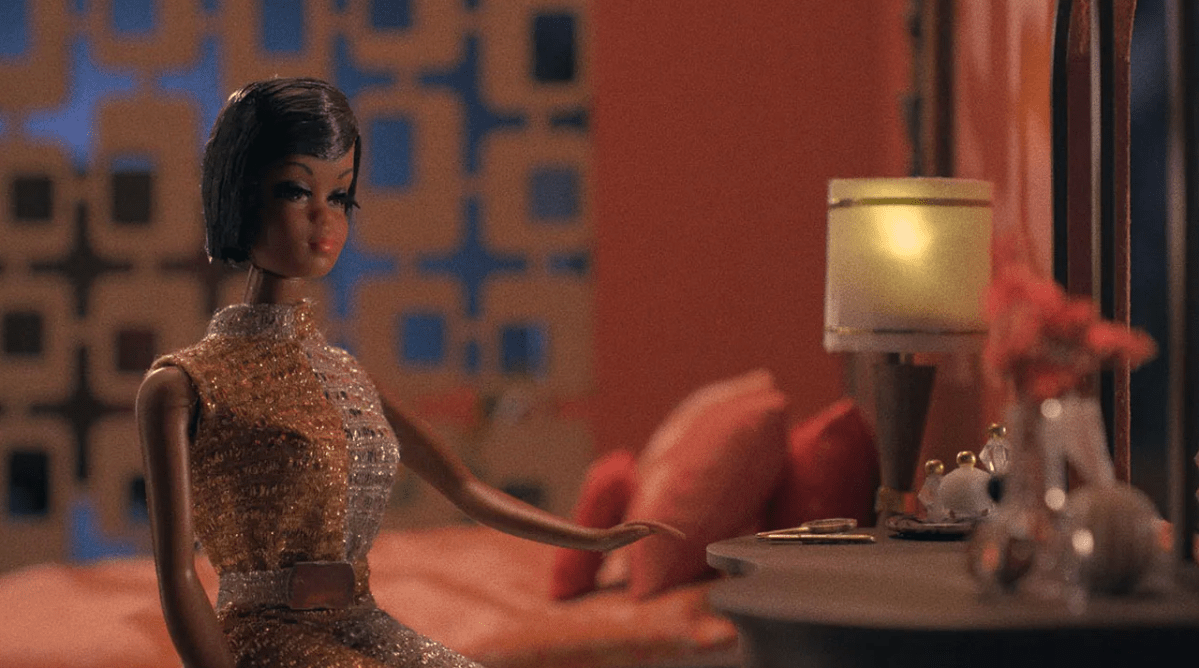Given the hype surrounding the release of the Barbie movie earlier this year, it’s safe to say the Barbie brand is a cultural phenomenon. The film is the highest-grossing release of the year to date, making $1.36 billion globally. It also cemented Greta Gerwig as the highest-grossing female director of all time in the US. But one lesser known story is that of Black Barbie.
Black Barbie: A Documentary had its Australian premiere at SXSW Sydney last week. Acquired by Netflix and Shondaland, the film takes us on a journey of three Black women who were instrumental in bringing Black Barbie to life.
Beulah Mae Mitchell, Kitty Black Perkins, and Stacey McBride Irby, who once worked for Mattel, share their insights into what it was like working for the company and how they helped shape the look and fashion of Black Barbie.
The documentary sheds light on the importance of representation and identity, and how a simple toy doll can have a huge impact on shaping a child’s perception of themselves and the world. Director Lagueria Davis begins by trying to understand why she wasn’t a fan of dolls. After spending time living with her aunt Beulah Mae Mitchell – who had kept several – Davis wanted to understand her aunt’s love of dolls. She learns that, while working for Mattel, her aunt asked a simple question: ‘Why not make a Barbie that looks like me?’
Read: Barbie review – this Barbie will bust the block
Through interviews with Black women such as actors Ashley Blaine Featherson-Jenkins and Gabourey Sidibe, as well as Barbie doll collectors and academics, we learn of the impact the original white Barbie had on Black families when it was created.
Some of the interviewees described their experiences playing with white Barbies and how they tried to find ways to either look like her (putting a towel over their hair to emulate long blonde tresses) or make Barbie look like them (putting grease in her hair to reflect a curly hair texture).

Black Barbie: A Documentary. Image: Netflix/ Shondaland.
The film also delves into the psychological effects of dolls on children. Inspired by the Clark Doll tests in the 1940s, where Drs Kenneth and Mamie Clark handed a group of Black children four dolls that were identical except for colour, the study found that children preferred the white dolls and gave them positive traits while they assigned the Black dolls with negative traits.
The tests showed that broader discrimination and segregation made African-American children feel a sense of inferiority at a young age (between three and seven).
The film looks at whether having more diverse Barbie dolls has helped change this perception. Children were asked a string of questions as they played with different Barbies and a similar sentiment still remained.
White Barbie was still considered as the Barbie, while all other Barbies were considered her sidekick. The film also explores Barbie animated films, which are typically centred on the white Barbie, and discussed whether the main character of these films can ever be a non-white Barbie.
Read: The many, many films of the BCU (Barbie Cinematic Universe) ranked
There is a particularly sad moment when Davis’ 14-year-old niece says Black Barbie will never be the Barbie because we live in a white world made up of mostly white people – even though statistically, this is not the case. It begs the question of how far we’ve really come in helping strengthen the self-esteem of culturally diverse children through dolls.
While Black Barbie: A Documentary tackles complex issues of race and identity, it is quite heartwarming, intriguing in its history and a worthwhile watch. Plus, it is inspirational as Davis continues the legacy that her aunt started by helping give Black Barbie her story.
Black Barbie: A Documentary was shown as part of SXSW Sydney.
Actors:
Director:
Format:
Country:
Release:





